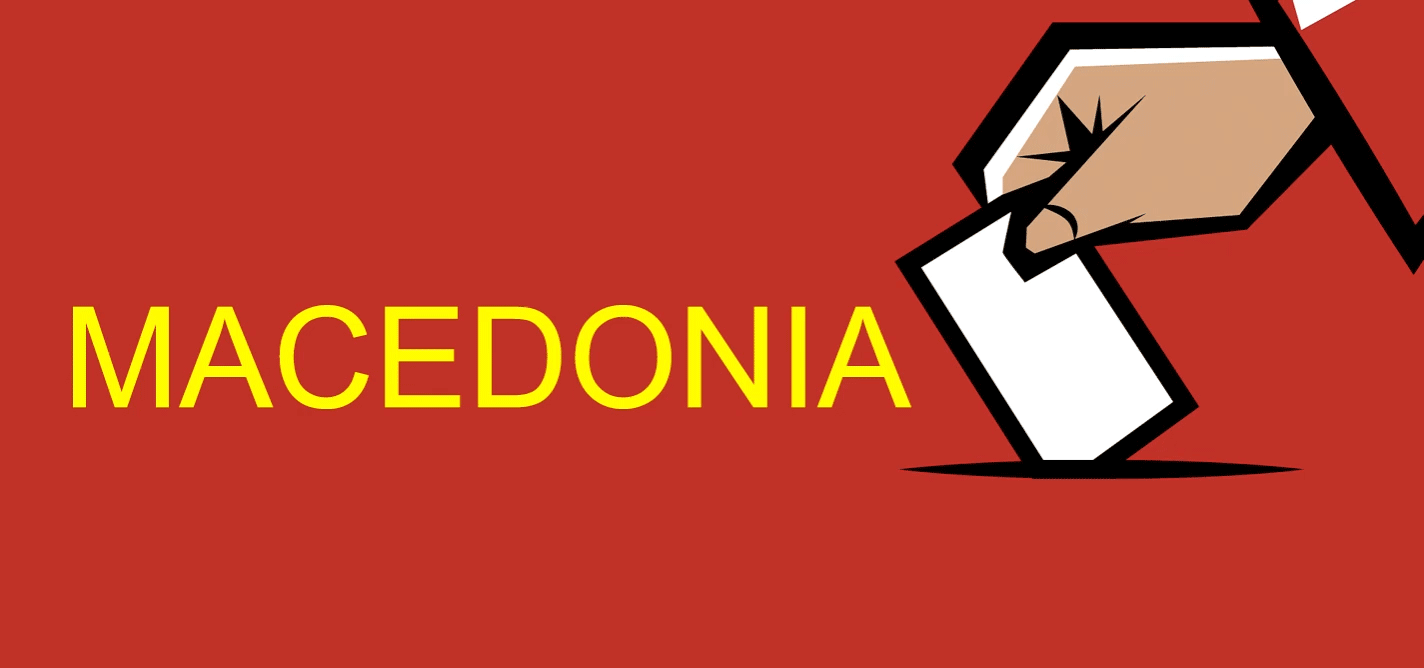
Macedonia’s political culture led to the failings of the referendum
Low turnout reveals the obstacles for democratic citizenship and reforms.
|01.10.2018
With these two opposing narratives, the weeks ahead will guarantee many feisty parliamentary sessions, and in no way give us a clear view of the future.
Perhaps the referendum and the setting of a common EU path was seen as a one-move-fix-all approach, but it did not turn out that way.

Lura Pollozhani
Lura Pollozhani is a researcher at the University of Graz, researching social movements in the Western Balkans as well as EU enlargement. Her other research interests include generation Z, radicalization, citizenship practices in divided societies and democratization. She completed her PhD in Law and Politics at the University of Graz, while she was awarded an MSc in European Studies: Ideas and Identities at the LSE.
DISCLAIMERThe views of the writer do not necessarily reflect the views of Kosovo 2.0.
This story was originally written in English.